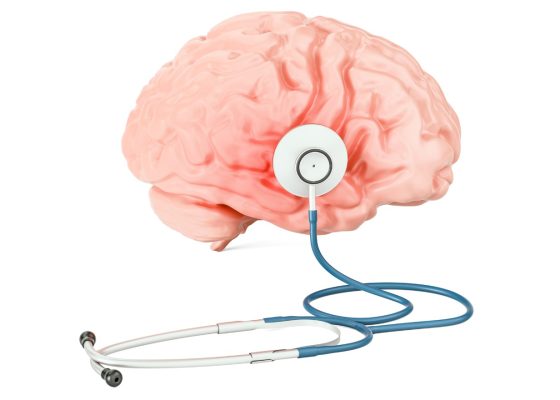Opening more headspace clinics is unlikely to fix the struggling youth mental health system.
The RACGP has taken aim at Commonwealth-funded youth mental health foundation headspace in a submission to the federal health department’s consortium on models of care.
Commissioned by the Department of Health, Disability and Ageing, the consortium project is being led by youth mental health policy think tank Orygen.
Its primary aim, according to Orygen, is “to understand the current landscape of youth mental health services in Australia and provide advice to the government on what can be done better”.
Headspace, University of Sydney Brain and Mince Centre, SANE, Mission Australia and ReachOut are all among the consortium members.
In its submission to the consortium, which was published this week, the RACGP said general practice was “effectively managing the vast majority of young people’s mental health care needs” despite significant underfunding and often without the need for referral.
It also acknowledged that Aboriginal Community Controlled Health Organisations provide comprehensive, culturally safe models of mental healthcare.
The college’s view on headspace, however, was another matter entirely.
Related
General practice, it said, was “frequently a referral point for patients who are too complex to be addressed in the headspace model of care” even though general practice does not benefit from the funding that Headspace has access to.
“The current headspace model faces significant challenges to deliver the best outcomes and expanding its footprint will not address the limitations,” the RACGP wrote.
“There is insufficient resourcing to support the needs of a complex and diverse youth population, and restrictions which prevent them from seeing young people with high-risk behaviours.
“There is almost no access to adolescent and young adult social prescribing initiatives that could play a vital role in addressing issues such as loneliness, cyberbullying and a feeling of disconnect that is affecting young people.”
Instead, the RACGP would see funding put toward integrated mental healthcare services that reduce fragmentation of care.
“General practices have the skills and capacity but require support to integrate these services,” the college said.
It also called for mandatory information-sharing between standalone mental health services and a patient’s usual general practitioner.




